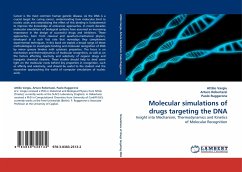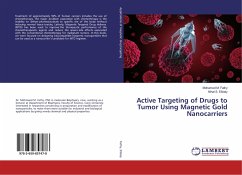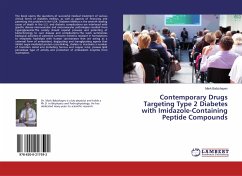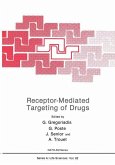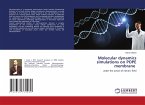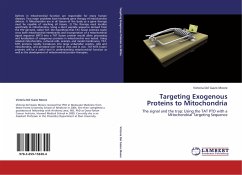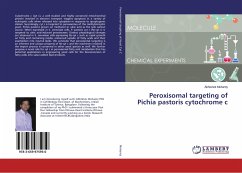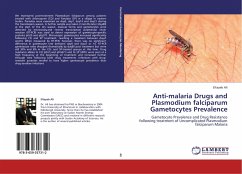Cancer is the most common human genetic disease. As the DNA is a crucial target for curing cancer, understanding how molecules bind to nucleic acids and rationalizing the effect of this binding is fundamental to improve the knowledge of anticancer approaches. In recent decades molecular simulations of biological systems have assumed an increasing importance in the design of successful drugs and inhibitors. These approaches, born from classical and quantum-mechanical physics, developed at a such fast rate that nowadays they complement experimental techniques. In this book we exploit a broad range of these methodologies to investigate binding and molecular recognition of DNA by minor groove binders with cytotoxic properties. The focus is on mechanism and thermodynamics of molecular recognition, as well as on the factors affecting reactivity and selectivity of organic drugs and inorganic chemical cleavers. These studies should help to shed some light on the molecular roots behind key properties in recognition, such as affinity and selectivity, and should be useful to the student and the researcher approaching the world of computer simulations of nucleic acids.
Bitte wählen Sie Ihr Anliegen aus.
Rechnungen
Retourenschein anfordern
Bestellstatus
Storno

